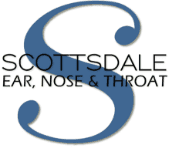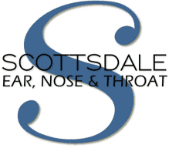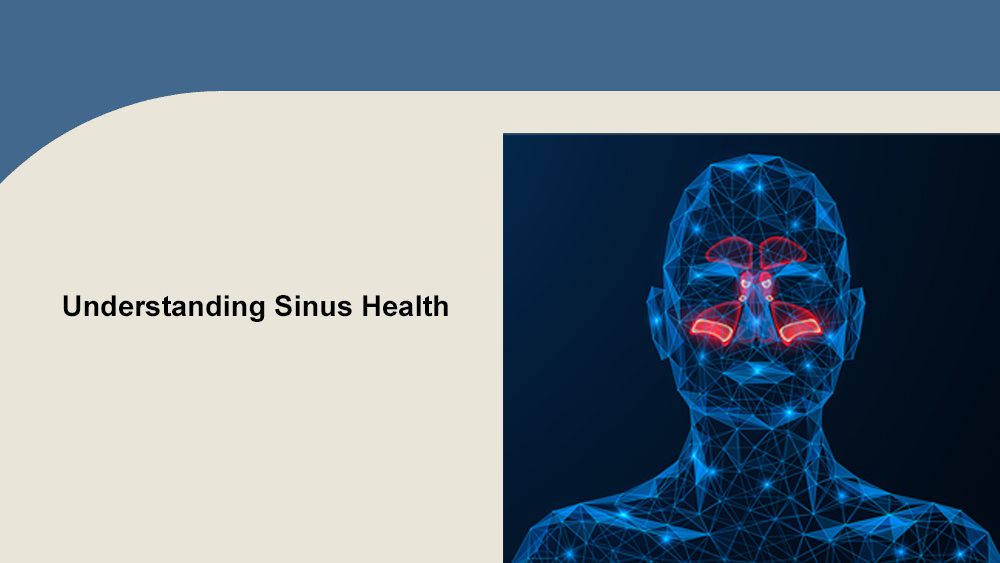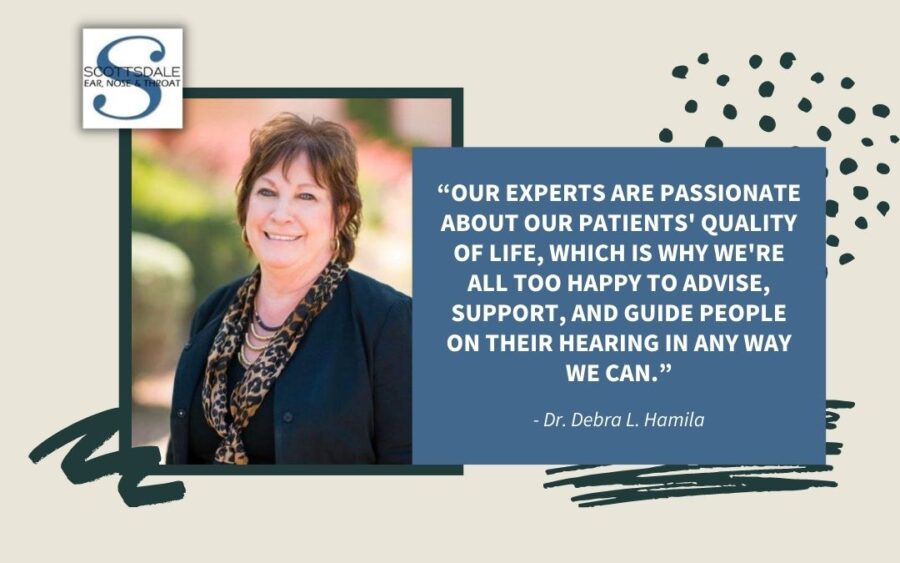World Sinus Health Awareness Day: September 13th
Understanding Sinus Health
Sinuses are air-filled spaces located within the bones of the face and skull. They are lined with mucous membranes that produce mucus, which helps trap dust, germs, and other particles. The primary functions of the sinuses include humidifying and filtering the air we breathe, enhancing our voices, reducing the weight of the skull, and absorbing and reducing the impact of facial trauma.
Signs and Symptoms of Sinus Issues
Recognizing the signs and symptoms of sinus problems is crucial for early intervention. Common symptoms include persistent nasal congestion, facial pain or pressure, reduced sense of smell and taste, thick and discolored nasal discharge, headaches, particularly around the forehead, eyes, or cheeks, postnasal drip, sore throat, and bad breath.
Common Sinus Issues
Sinus health is critical, yet often overlooked. Common issues affecting the sinuses include sinusitis, which is the inflammation of the sinus linings and can be acute or chronic; allergies, which can cause inflammation and blockage of the sinuses; nasal polyps, which are noncancerous growths in the nasal passage or sinuses that can lead to blockages; and a deviated septum, which is a displacement of the nasal septum that can obstruct the sinuses.
Preventive Measures and Treatments
Maintaining good sinus health involves a combination of preventive measures and timely treatment. Good hygiene, such as regular hand washing and avoiding touching the face, can reduce the risk of infections. Staying well-hydrated helps keep the mucous membranes moist and functioning properly. Using a humidifier can add moisture to the air, preventing the sinuses from drying out. Identifying and avoiding allergens can prevent allergic reactions that can lead to sinus issues. Using saline solutions to rinse the nasal passages can help clear out mucus and allergens.
For those experiencing persistent or severe sinus issues, medical treatments may include medications like decongestants, antihistamines, and nasal corticosteroids to reduce inflammation and relieve symptoms; antibiotics for bacterial sinus infections; and surgery in cases of chronic sinusitis or structural issues like a deviated septum.
The Role of Scottsdale Ear, Nose, and Throat
At Scottsdale Ear, Nose, and Throat, we see patients with sinus issues every day. Dr.Heiland and Dr. Mackechnie take a head-on approach to all sinus issues, some ways include antibiotics, oral steroids, sinus cultures, Sinus CTs, and even sinus surgery.



